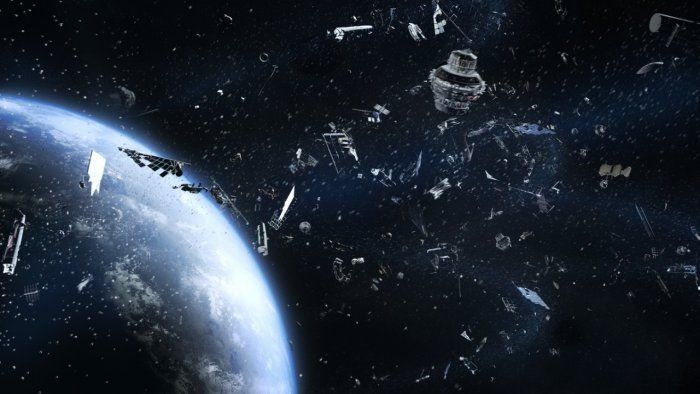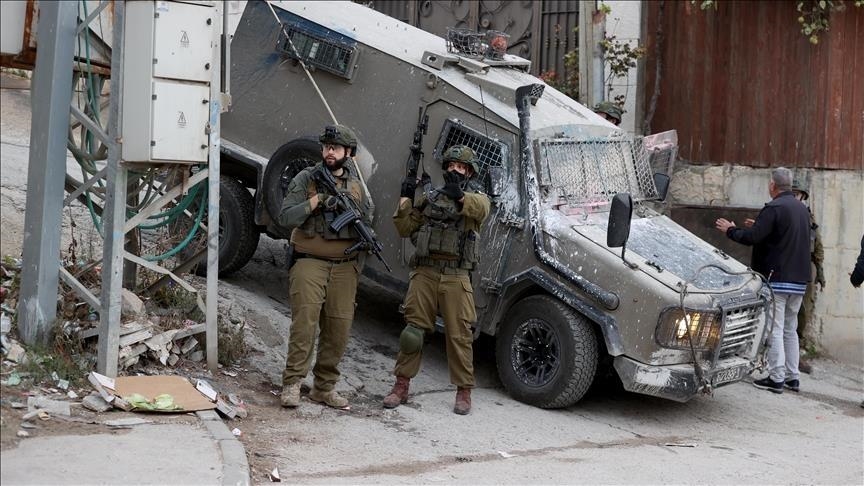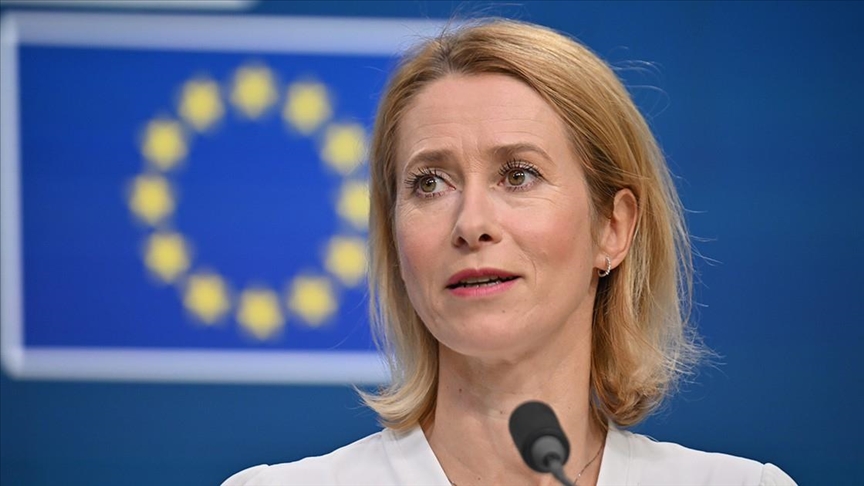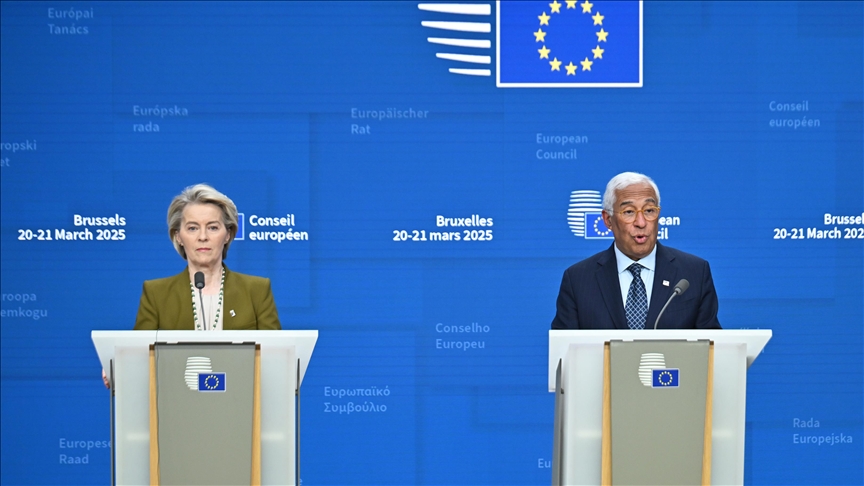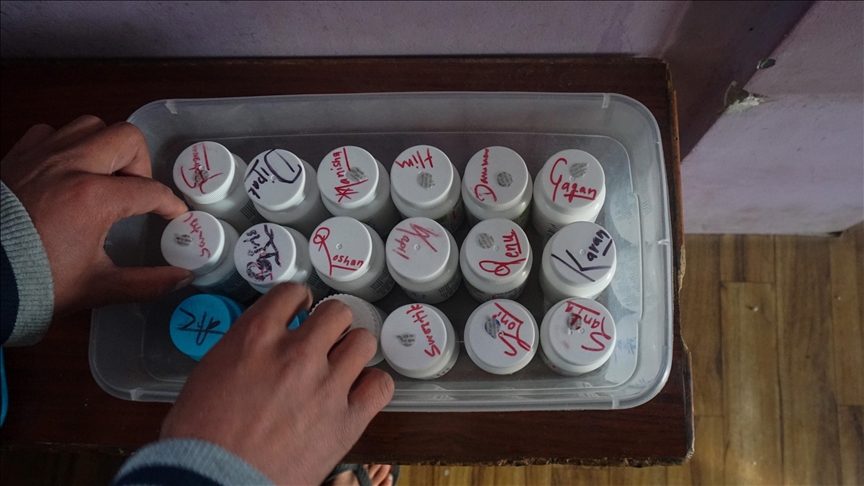It’s getting crowded up there, and awfully dangerous. By up there, I mean space — and not the far-off areas that concern astronomers and science fiction, but the closer orbits where we humans keep putting our satellites.
As those objects crash or break down, their flotsam and jetsam creates belts of debris, shooting into other satellites, rockets and space vehicles. Some orbits could eventually become unusable. That would be a disaster, disrupting much of modern life. It could even start a war.
It’s hardly the first time that we, Homo sapiens, treat a shared resource irresponsibly. What scholars call the “tragedy of the commons” is what results when we ruin something because we all profit from exploiting it and can’t exclude others from doing the same. Classic examples include overgrazing public lands, overfishing the oceans and polluting the atmosphere.
If space has so far received less attention than our forests, seas or air, it’s because we’ve had less time to junk it up. But we’re catching up fast. We’ve launched thousands of satellites into space and keep adding more — one private company, SpaceX, has put up more than a thousand just in the past year.
These objects collide, malfunction and misbehave in other ways. As a result, about 28,000 fragments of junk are zipping around up there, and that count includes only the shrapnel we can track. Statistical models suggests that almost a million objects the size of hand grenades are orbiting the Earth, and many, many millions of things the size of bullets. Owing to their astronomical speeds, even those small pellets can take out an astronaut, a satellite or even the International Space Station.
Besides wreaking physical damage, these armadas of satellites and their associated junk create other problems. Their electromagnetic radiation increasingly causes radio frequency interference. The debris also scatters light, so that scientists with their telescopes can no longer peer through these clouds of man-made dust and into deep space.
Even more ominously, space is nowadays also the fifth domain of warfare — alongside land, sea, air and cyberspace. The U.S., Russia and China in particular, but also other ambitious powers from India to France, are arming themselves to take out each other’s satellites offensively, preemptively or defensively. The new weaponry includes everything from physical missiles to lasers, electronic jamming and cyberattacks.
The problem is that it’ll become increasingly harder for adversaries to tell why their own satellites suddenly went down or fell silent. It could be ordinary “space weather,” the naturally occurring storms of charged solar particles. It could be a collision with debris. Or it could be hostile action. The uncertainty could lead to mistaken retaliations and war.
If any of these bad scenarios ever takes place, modernity as we know it would be put on pause. Satellite technology is nowadays baked into almost all our other information systems, not only the GPS navigation in our phones and cars but also our internet connections, telecommunications and more.
Once we grasp the problem as being a tragedy of the commons, both its daunting scale and its only possible solution become clear. As with overfishing, overgrazing or pollution, the incentives are skewed against cooperation. Why should any nation or firm stop cluttering up space — or even bear the cost and risk of starting to clean it up — if that lets others pull ahead?
And yet cooperation is the only way forward. That’s why treaties and regimes exist in multilateral forums, above all the United Nations and its agencies, to regulate the oceans and other commons. Even space in theory has its international talking shops, including the UN’s Committee on the Peaceful Uses of Outer Space. But it doesn’t deal with military uses of the orbits, and is largely toothless otherwise.
This means that the major powers must elevate space governance to the level of other threats to humanity, from climate change to nuclear proliferation. They should publicly label the problem a tragedy of the commons and signal their readiness to begin negotiations, regardless of other conflicts they have with one another.
The US is the obvious nation to take the lead. China, Russia and others should reciprocate. Space, like the planet it surrounds, is Earth’s commons. It mustn’t turn into tragedy.

